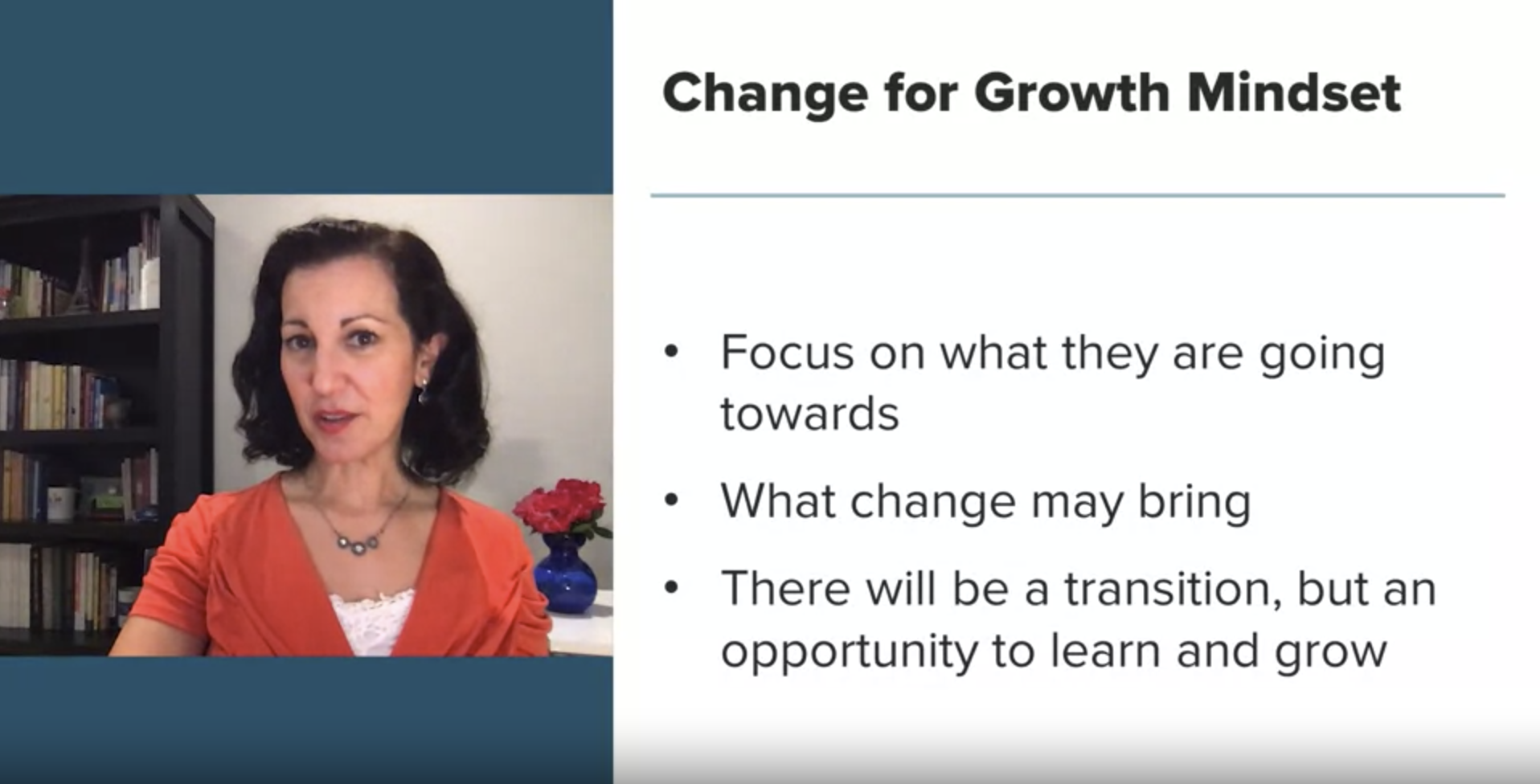I recently took the Growth Mindset course from the UC Davis Continuing and Professional Education. The material is partly based on the book Mindset: The New Psychology of Success. In the book, Carol S. Dweck, Ph.D., of Stanford University, explores the power of mindset and how it influences success in various aspects of life, demonstrating that individuals with a growth mindset, who believe in the development of abilities, are more likely to excel than those with a fixed mindset, offering valuable insights for parents, teachers, managers, and athletes to foster outstanding achievement.
Overview of the Course
The course begins with a foundational module, where I delved into the concept of mindset, specifically distinguishing between a fixed mindset and a growth mindset. Through videos, some readings, and engaging quizzes, I learned to identify my own mindset in various situations and see how I could apply this to my roles in education and the church.
One line that likely summarizes what I most took away from the course is:
“A person with a Growth Mindset notices the gap between who they are now and who they want to become and gets motivated by other people’s success.”
They course is led by Lisa Montanaro, UC Davis instructor and business coach, and included a great deck of powerpoint slides for each lesson along with appropriate exercises and examples. She is also the author of The Ultimate Life Organizer and her website is lisamontanaro.com.

As the course progressed, she discussed internal and external roadblocks that hindered the growth mindset and identified my own limiting beliefs. Her notes about a “no negative self-talk” rule are important and something I try to teach the Canterbury students, too. She also discusses comparison trap syndrome, which always reminds of the quote:
“Comparison is the thief of joy.”
Dr. Ray Cummings
Ms. Montanaro applies the growth mindset model to organizations and explores how organizational culture is shaped by the prevailing mindset. A key term is “positivity quotient” and goes through some example statements that encourage a growth mindset:
- “A leader tells stories to his team about his past failures and how he learned from them.”
- “A leader views the talent and intelligence of his team members as the starting point for their future development.”
The 5-Minute Pity Party
One module was about dealing with setbacks and failures. I am often guilty of the the perfectionist syndrome and typically live it out via procrastination or by avoiding and delaying decisions. Ms. Montanaro introduced an exercise called the “five-minute pity party.” Here we were told to acknowledge setbacks without dwelling on them, by limiting our venting to just 5-minutes and then moving on to how we might redeem or reframe our failure as a learning experience.
Really enjoyed the course material and am now working through the Mindset book. Helpful little course for anyone who works with teams and especially teachers.





Leave a Reply